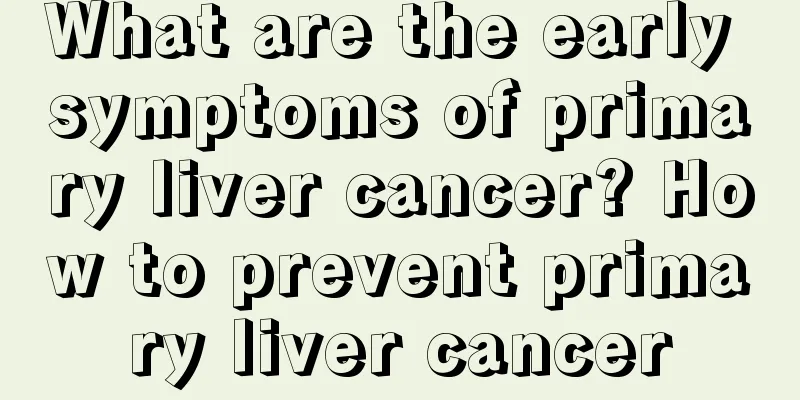What causes gastrointestinal cancer

|
The occurrence of gastrointestinal cancer is related to the combined effects of genetics, environmental factors, physical diseases and lifestyle. Specific causes include genetic factors, improper eating habits, smoking and drinking, Helicobacter pylori infection and long-term chronic disease stimulation, etc., and attention should be paid to and preventive measures should be taken as soon as possible. 1) The role of genetic factors Gastrointestinal cancer has a certain family clustering. If a direct relative has gastrointestinal cancer, the individual's risk of developing the disease is higher. This may be related to gene mutations or common family living habits. For this high-risk group, regular gastroscopy screening should be performed, especially after the age of 40, to detect abnormalities early. 2) Diet and lifestyle factors Long-term consumption of pickled foods, smoked foods, excessive salt intake and other bad eating habits will lead to the accumulation of nitrites and other carcinogens, increasing the risk of gastrointestinal cancer. Habits such as smoking and alcoholism are also closely related to the occurrence of gastrointestinal cancer. It is recommended to eat less pickled foods, consume more fresh fruits and vegetables and foods rich in dietary fiber, and reduce tobacco and alcohol intake to reduce the probability of cancer. 3) Helicobacter pylori infection Helicobacter pylori is one of the main causes of gastric cancer. It can cause chronic gastritis and gastric ulcers. Long-term irritation of the gastric mucosa may develop into gastric cancer. Once Helicobacter pylori infection is confirmed, antibiotics and proton pump inhibitors can be used for treatment under the guidance of a doctor, such as amoxicillin, clarithromycin, and omeprazole. 4) Long-term chronic diseases Patients with chronic gastritis, gastric ulcers, gastric polyps and intestinal inflammatory diseases are more likely to develop gastrointestinal cancer. Long-term recurrence of these diseases can cause pathological changes in the gastric mucosa and even cancer. Regular follow-up and treatment of chronic diseases can effectively reduce the risk, especially for patients with gastric polyps, who should try to choose resection to avoid the risk of cancer. 5) Environmental and chemical exposure Long-term exposure to certain chemicals, such as industrial toxins in the environment or additives in food, can also increase the likelihood of illness. You need to take precautions at work, avoid contact with environments containing carcinogens, and pay attention to food quality and safety. In order to reduce the risk of gastrointestinal cancer, everyone should pay attention to their daily diet and healthy lifestyle, do a good job in early prevention of high-risk factors, and develop a good habit of regular health check-ups to promptly detect and intervene in possible health risks. Maintaining a healthy life starts with action. |
<<: If my aunt has breast cancer, will her niece inherit it?
>>: Is intestinal type gastric cancer highly malignant?
Recommend
What happens if you eat an unripe mango?
Mangoes taste very sweet when they are ripe and h...
What are the new methods for esophageal cancer
No matter who has esophageal cancer, everyone nee...
There are a bunch of small rashes on my chin
In the case of a bunch of small rashes on the chi...
What is the standard for mild obesity?
In daily life, we can see people who are obviousl...
Is it good to have fluoride in toothpaste
Basically, the toothpaste we are using contains f...
What are brown patches on the skin?
For human skin, we don't require it to be as ...
What are the differences between lymphoma and lymphoma
Lymphoma is a tumor that originates from the lymp...
How to choose pig's trotters
Pig's trotters are a very important food in o...
What are the dangers of tongue cancer in young people
What are the dangers of tongue cancer in young pe...
Is it good to wash your hair at night? Do you know these precautions?
Studies have found that the best time to wash you...
What are the sexual health care methods in autumn
Recently, many male friends have suffered from re...
What should I pay attention to in my diet after half-section of thyroid cancer and stitches removal
After hemisection of thyroid cancer, the stitches...
How to make eyelashes longer and thicker
Beautiful eyelashes can be said to add points to ...
Is there any harm in making your own lipstick
In recent years, homemade lipstick, homemade faci...
The weather is hot and red bumps appear on my butt
When the sun is scorching, children often suffer ...









